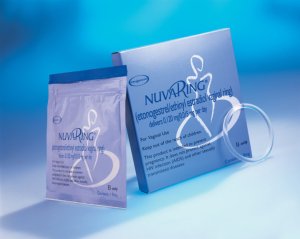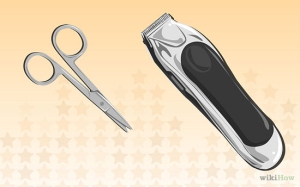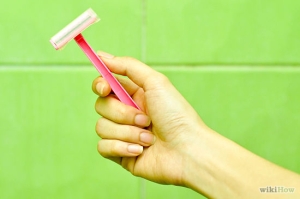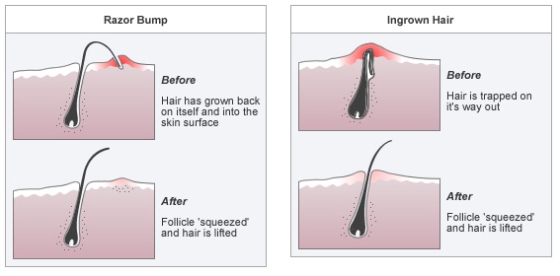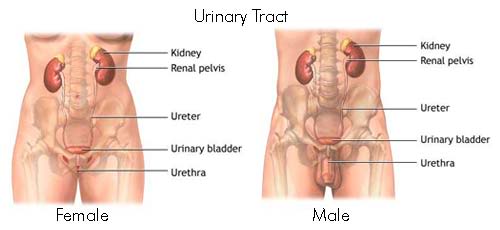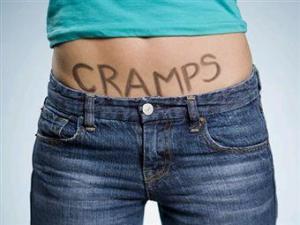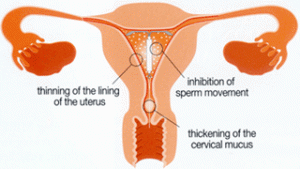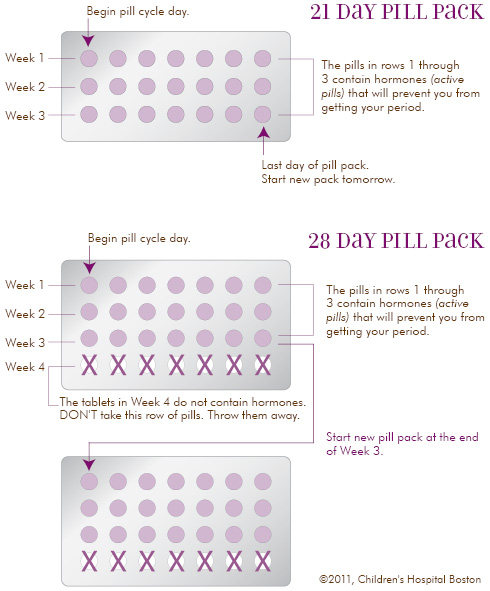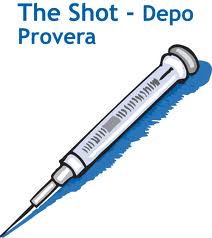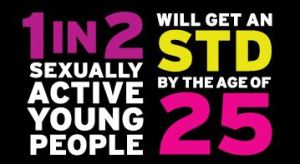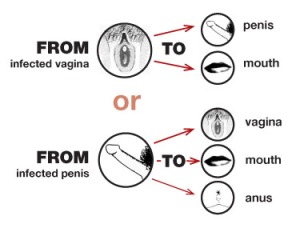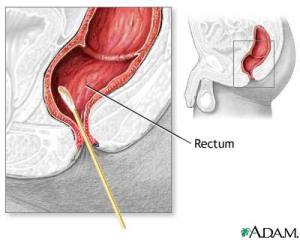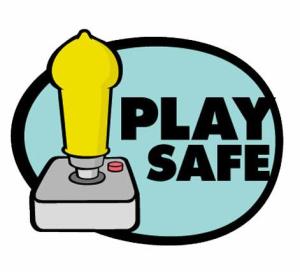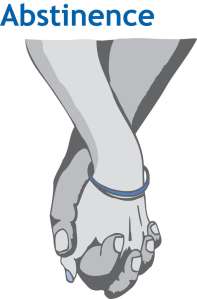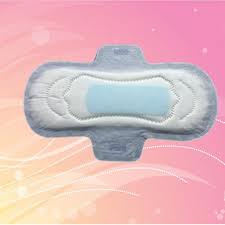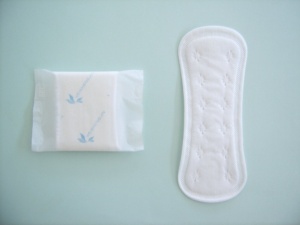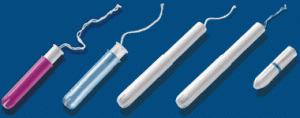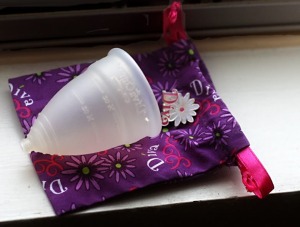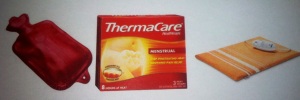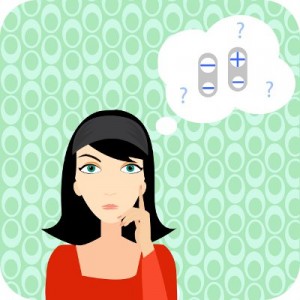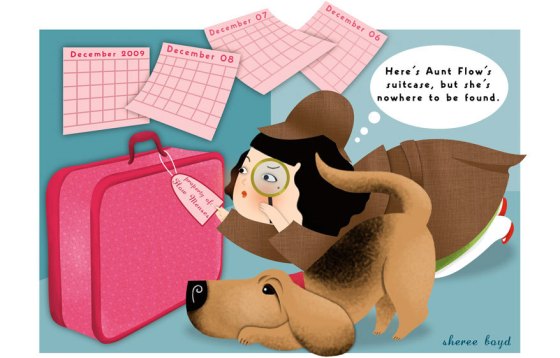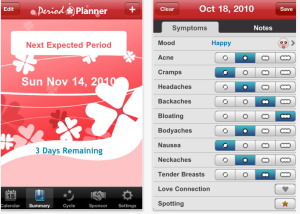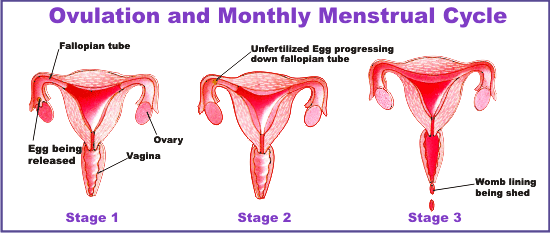New Gen joins in on celebrating LGBTQI Pride!
We are not claiming to be experts on this subject. Like all kinds of people, many LGBTQI people have their own way of explaining what their identity means to them or what their experience may be . This blog is just a brief view into what is a huge and active conversation around the world. If you find yourself wanting to learn more, or want to join in on that conversation, we include some sites to check out at the end of this blog.
This past weekend, June 29-30, was Pride Weekend in San Francisco—a weekend when people from across the country and throughout the Bay Area come together to celebrate the LGBTQI community. According to the SFPride website, this event is “the largest LGBT gathering in the nation.” This is something for all San Franciscans to be proud of!
Identifying with one or more of these terms is totally personal. It is 100% OK if you don’t identify with any of these terms or don’t know which of these you consider yourself right now. It’s also totally normal if how you identify changes over a lifetime. While the identities represented by all these letters may be separate, many of the people in these groups have come together to support each other and work for a common cause of acceptance, equal rights and access to services. Even if we don’t personally identify with any of these letters, many of us have loved ones, friends, coworkers, and neighbors who do. As a clinic, we welcome LGBTQI patients and do our best to make every person comfortable!
So what do all these letters stand for exactly? They represent different kinds of
Sexualities—Based on sexual attraction and romantic love: homosexual, heterosexual, bisexual, queer.
Gender Expression—Based on how a person wants the world to see them: feminine, masculine, transgender*, androgynous*, or genderqueer*.
*Some transgender people may identify simply as female or male, while others may identify as trans.
*Androgynous: some people desire to look neither masculine nor feminine.
*Genderqueer: some people desire to look sometimes feminine, sometimes masculine, sometimes both or neither, and not stick to one gender at all times.
Biological sexes—Based on sexual anatomy: male, female, intersex.
All three of these identities can and do include more than just appearance — identity is never that simple. As you read on, you’ll see there is a lot of grey in between.

http://itspronouncedmetrosexual.com/2011/11/breaking-through-the-binary-gender-explained-using-continuums/
L: Lesbian. Women who are attracted to other women.
G: Gay. Someone who is attracted to other people of the same sex. A man who is attracted to other men OR a woman who is attracted to other women.
B: Bisexual. A person who is attracted to people of both sexes.
T: Transgender. A person who identifies as a different gender than the biological sex they were assigned at birth based on their sexual organs. The gender with which someone identifies does not necessarily have to do with their sexual orientation (heterosexual, homosexual, bisexual, queer).
Q: Queer. Some people prefer to call themselves “queer” instead of “gay” or “bisexual” because they feel it is less confining (they may feel attracted to people regardless of gender or not want to think about attraction in terms of two genders or sexes).
I: Intersex. A person who is biologically both sexes. This can mean they have the hormones, genes, and/or anatomy of both a male and female.
It can be a huge leap for someone to open up to friends, family, health care providers, employers or coworkers about any one of these identities. That’s what make events like Pride Weekend so awesome!
Happy Pride Everyone! This past weekend and everyday!
Barbara Haupt
For more information check out:
San Francisco LGBT Community Center – Resources for LGBTQI people an queer education.
Lyric – Activities, tutoring, recreation, health and sex ed. for GLBTQ youth
SFQueer – A Calendar for Queer events and activities in the Bay Area
The Trevor Project – 24 hr. suicide prevention and crisis hotline
Transgendered San Francisco – Support and social group for the Transgender community.
Intersex Society for North America
National Center for Lesbian Rights


